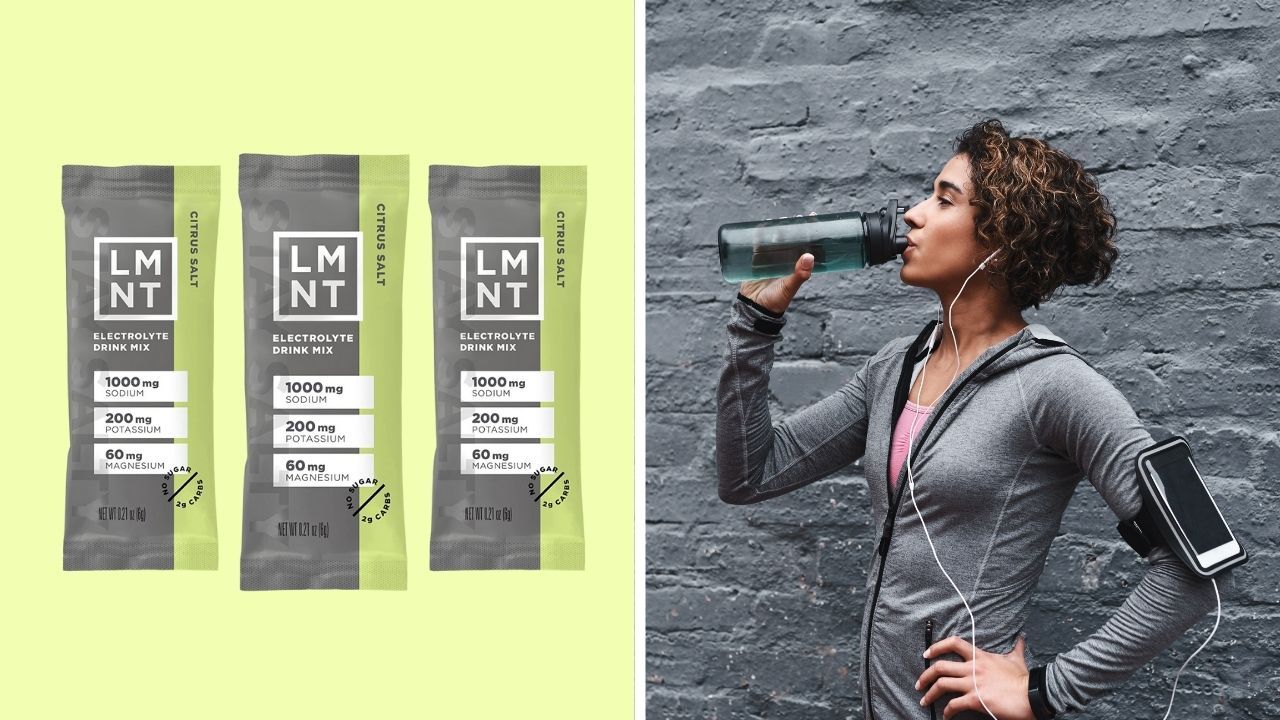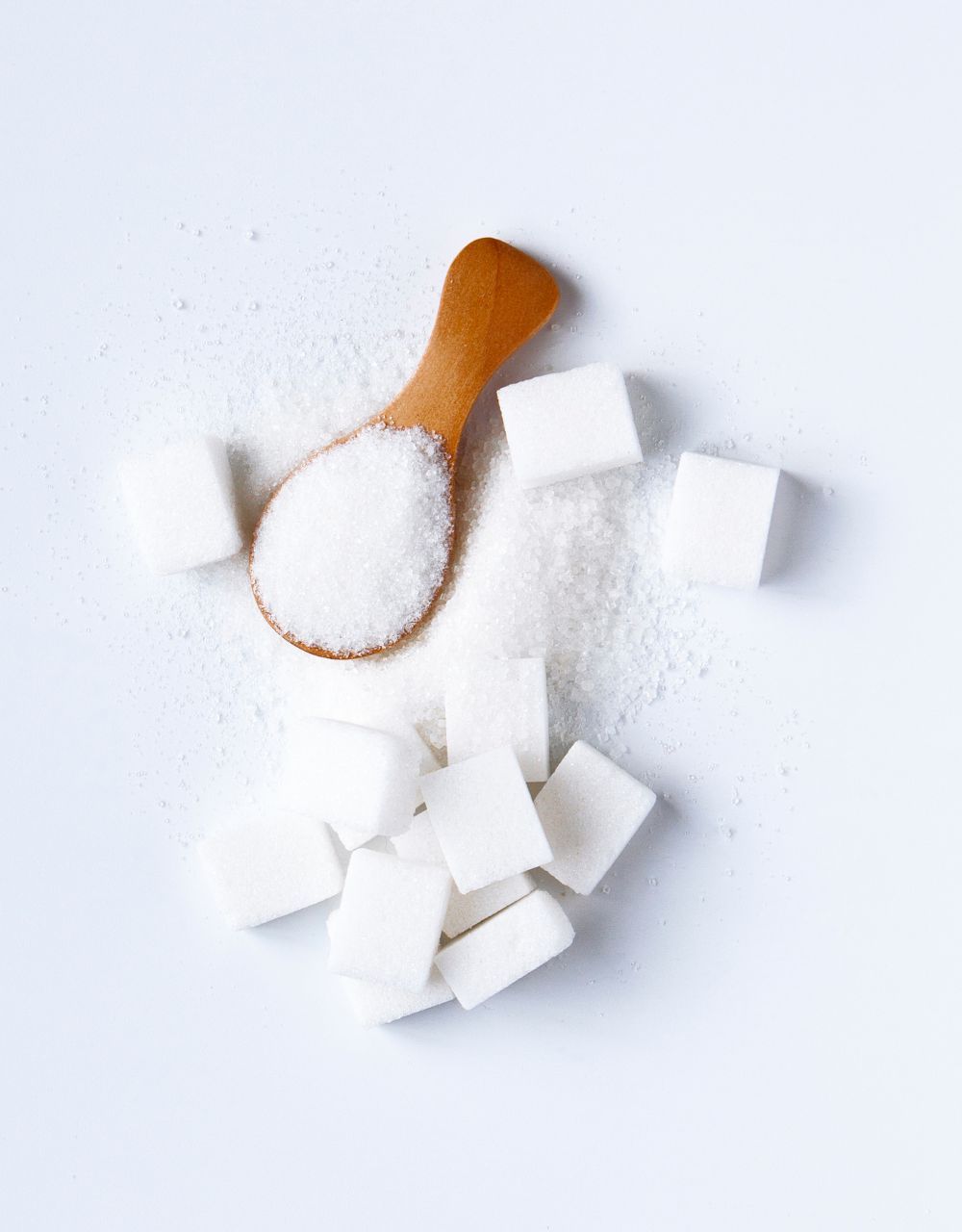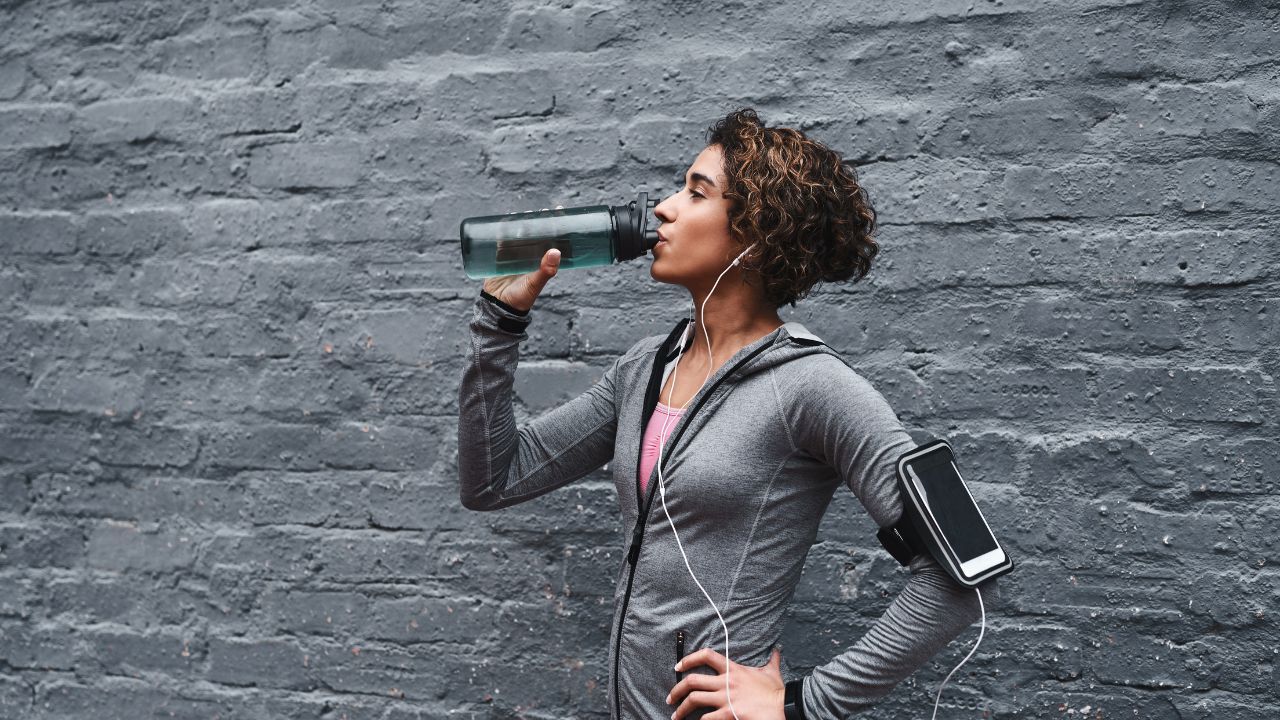
Do Electrolytes Give You Energy | The Surprising Truth
Investigate whether electrolytes give you energy and learn how to maintain a balanced intake for optimal health and performance.
Have you ever wondered what electrolytes are and why they're so important for your body?
Well, you're in luck! We'll dive into the world of electrolytes and explore whether or not they give you energy. So, buckle up and get ready to learn something new!
- Electrolytes are minerals that carry an electric charge when dissolved in water and play a key role in maintaining various bodily functions.
- Electrolytes help facilitate processes that generate energy, rather than providing usable energy themselves, and an imbalance can lead to fatigue or reduced physical performance.
- Proper hydration is essential for maintaining a healthy electrolyte balance.
- Natural sources of electrolytes include bananas, spinach, yogurt, and pickles.
- To keep your electrolyte balance in check, consume a balanced diet rich in whole foods and natural sources of electrolytes, stay well-hydrated by drinking water throughout the day, and engage in regular exercise.
Understanding Electrolytes
First off, let's define what electrolytes are.
In simple terms, electrolytes are minerals that carry an electric charge when dissolved in water.
They play a key role in maintaining various bodily functions.
- There are several major electrolytes, including sodium, potassium, calcium, magnesium, chloride, phosphate, and bicarbonate.
- Each of these has its own unique set of primary functions. For example, sodium helps regulate fluid balance, while calcium is crucial for strong bones and teeth.
Now, you might be wondering why the balance of electrolytes is so essential for overall health.
Imagine your body as a finely tuned machine – if one part isn't working correctly, it can throw off the entire system.
That's why maintaining the right balance of electrolytes is crucial for keeping your body running smoothly.
The Relationship Between Electrolytes and Energy
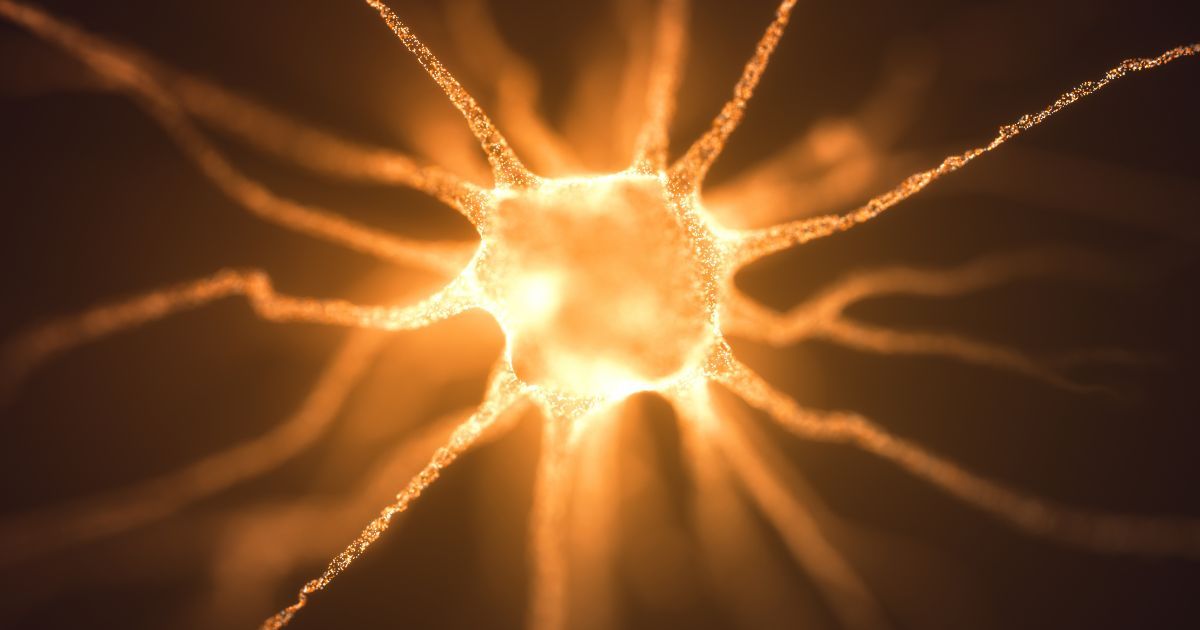
So, do electrolytes directly give you energy?
Let's find out.
Electrolytes play a role in cellular energy production, such as ATP synthesis. However, they don't actually provide energy themselves.
Instead, they help facilitate processes that generate energy.
For instance, electrolytes are involved in muscle contraction and nerve impulse transmission.
Think of them as the conductors of an orchestra, ensuring that everything works in harmony. When there's an imbalance of electrolytes, it can lead to fatigue or reduced physical performance, making you feel less energetic.
Electrolytes and Hydration
One critical aspect of electrolytes is their role in maintaining proper hydration levels. Just like a car needs oil to run smoothly, your body needs the right balance of water and electrolytes to function properly.
Electrolytes are important in maintaining the body's hydration because they balance the fluids inside and outside our cells. We lose electrolytes through our body fluids such as sweat, urine, vomiting, and diarrhea especially when we're sick.
Dehydration can disrupt this balance, leading to electrolyte imbalances and reduced energy levels. To avoid this, it's essential to stay properly hydrated. Here are a few tips to help you maintain a healthy electrolyte balance:
- Drink water throughout the day, aiming for at least 8 cups (64 ounces) daily.
- Pay attention to your thirst. If you're thirsty, your body is already signaling that it needs more water.
- During exercise or hot weather, increase your water intake to compensate for the extra fluid loss.
Signs of Dehydration
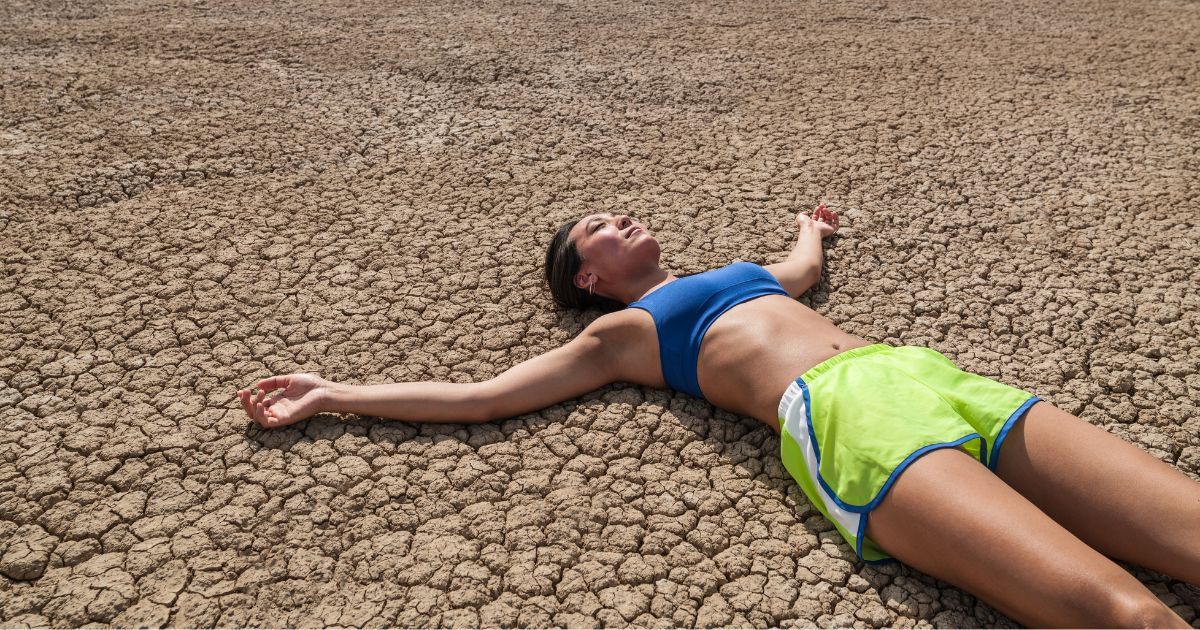
Dehydration occurs when your body loses more fluids than it takes in, resulting in an imbalance of electrolytes and overall bodily function.
Electrolyte imbalances can cause dehydration, which in turn can lead to reduced nutrient absorption and less efficient energy production.
It's essential to recognize the signs of dehydration early to prevent further complications. Here are some common symptoms to watch for:
- Thirst: Feeling thirsty is your body's way of signaling that it needs more water. Don't wait until you're parched to drink – make sure to sip on water throughout the day.
- Dark-colored urine: When you're well-hydrated, your urine should be a pale yellow color. Dark yellow or amber-colored urine is a sign that your body needs more water.
- Dry mouth and skin: Dehydration can cause your mouth and skin to feel dry or parched. If you notice these symptoms, it's time to increase your water intake.
- Fatigue: Dehydration can lead to a lack of energy, making you feel tired or sluggish. If you're feeling unusually fatigued, consider whether dehydration could be the cause.
- Headaches: Dehydration can trigger headaches, as your brain doesn't receive enough fluids to function properly. Drinking water may help alleviate headache symptoms.
- Dizziness or lightheadedness: Dehydration may cause a drop in blood pressure, leading to feelings of dizziness or lightheadedness, especially when standing up quickly.
- Decreased urine output: If you're not urinating as frequently as usual, it could be a sign that your body isn't getting enough water.
- Constipation: Without adequate hydration, your digestive system may struggle to move waste through your intestines, leading to constipation.
- Muscle cramps: Dehydration can lead to an imbalance in electrolytes and an insufficient supply of fluids necessary for proper nerve and muscle function.
- Muscle Weakness: Without enough fluids, your muscles won't receive the oxygen and nutrients they need to work properly, leading to weakness or fatigue.
To prevent dehydration, make sure to drink water regularly throughout the day, especially during hot weather or while exercising.
Pay attention to your body's signals, and take action if you notice any of the above signs of dehydration. Remember, staying properly hydrated is crucial for maintaining a healthy electrolyte balance.
Electrolyte Supplements and Energy Drinks
Lately, you might have noticed the growing popularity of electrolyte supplements and energy drinks.
Many manufacturers claim that these products can give you an energy boost and improve your overall performance.
But is there any truth to these claims?
While some electrolyte supplements and energy drinks can help replenish lost electrolytes during intense physical activity or illness, it's essential to consider the potential risks and benefits before using them for energy enhancement.
For example, some energy drinks contain high amounts of caffeine and sugar, which can lead to negative side effects like jitters, crashes, and weight gain.
Natural Sources of Electrolytes
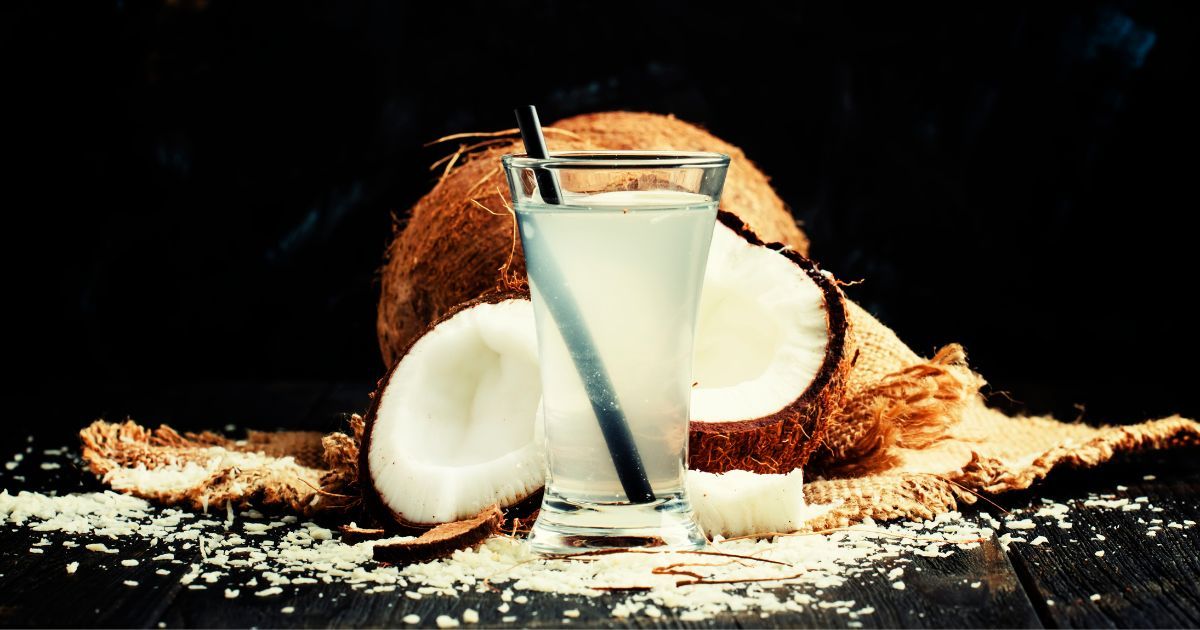
Instead of relying on supplements or energy drinks, it's always best to obtain electrolytes through natural food sources.
Eating foods that are rich in macronutrients and electrolytes can help your body produce energy more efficiently and maintain it for longer periods of time.
- Some excellent options include bananas (potassium), spinach (magnesium), yogurt (calcium), and pickles (sodium).
By incorporating these foods into your diet, you can enjoy the benefits of electrolytes without the potential risks associated with supplements and energy drinks.
- For example, you could snack on a banana, a handful of almonds, and some coconut water after a workout or enjoy a yogurt parfait for breakfast.
Tips for Maintaining a Healthy Electrolyte Balance
To keep your electrolyte balance in check, try following these practical tips:
- Consume a balanced diet rich in whole foods and natural sources of electrolytes.
- Stay well-hydrated by drinking water throughout the day.
- Engage in regular exercise to help maintain proper electrolyte levels.
It's also crucial to monitor your electrolyte levels during periods of intense physical activity or illness, as an electrolyte imbalance can occur more quickly under these circumstances. But be cautious with excessive electrolyte supplementation, as it can lead to health issues.
Always consult with a healthcare professional before taking supplements, especially if you have any pre-existing conditions.
Bottom Line
Electrolytes play a vital role in maintaining overall health and energy levels, but they do not directly provide energy.
By consuming a balanced diet, staying well-hydrated, and exercising regularly, you can maintain a healthy electrolyte balance and feel your best.
So, go ahead and enjoy those electrolyte-rich foods and keep your body in tip-top shape!
Remember, the key to optimal health lies in proper nutrition, hydration, and exercise.
Recommended For You...
